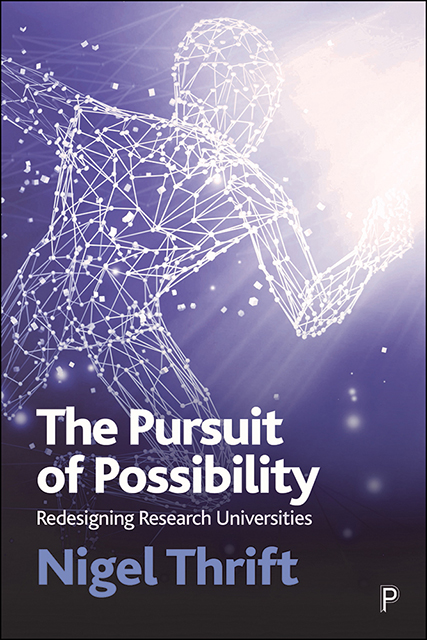7 - On Vice-Chancelloring — a Footnote
Published online by Cambridge University Press: 21 June 2023
Summary
So does one cope with all of the changes and leadership challenges I have outlined in previous chapters? One of the key university leaders is the vicechancellor. In previous chapters, I have sometimes been critical of the stances taken by university leadership. However, that does not mean that I think that being a vice-chancellor/university president is an easy job and that they’re all a load of wasters. It isn’t and they aren’t. Leadership of a university is just as trying as it always was but with added zest resulting from the intermixture of so many different, and sometimes conflicting, priorities: universities now serve many constituencies. As I have already pointed out, universities have taken on more and more functions and are in danger of becoming all things and none. But the fact is that they have to be made to run as if they are a single entity. So the vice-chancellor must wear more and more hats and expect to switch rapidly from one to another – and expect more and more criticism, or so it can sometimes seem.
Indeed, on a bad day, it can sometimes feel as though no one likes vicechancellors. They can be the subject of all kinds of righteous wrath. Their academic staff think that they have sold out to Mammon, trying to run universities like businesses, and, moreover, trying to ape business-style salaries. The more radical students are sure – rock solid sure – that they run ‘neoliberal’ or ‘entrepreneurial’ organisations which are in it only to strip the shirts off their backs, oh and that their organisation is institutionally racist and sexist to boot, drawing upon the sins of a colonial and gendered past to produce a biased present. Businesses think they are run by people who would never be able to make it in business, poor approximations of the right business stuff. Government thinks that they are sclerotic and need a good kick up the rear. Oh, and they need to buckle under to more government oversight – for their own good, of course. Local communities, meanwhile, are often sick of all the students living in their area, forgetting to take the bins in, holding loud parties, and making parking impossible.
- Type
- Chapter
- Information
- The Pursuit of PossibilityRedesigning Research Universities, pp. 194 - 210Publisher: Bristol University PressPrint publication year: 2022



